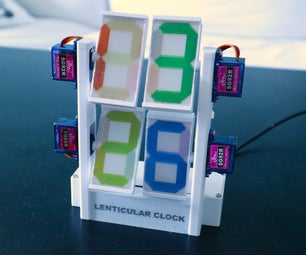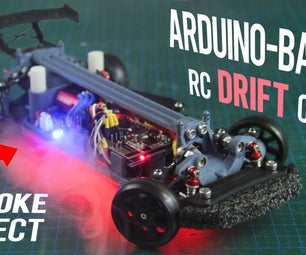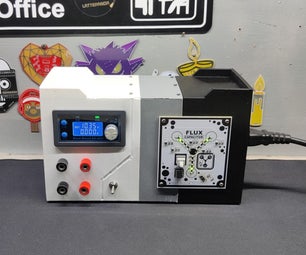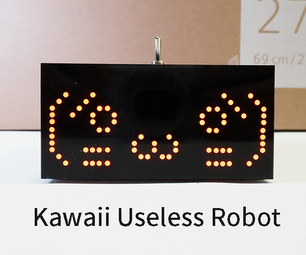Introduction: Portable Gaming PC in a Suitcase
Note: the steps highlight only few important tips. Please watch the video (below) for the complete build process.
In this Instructable I show how to turn an old tool case (or suitcase) into a cool-looking portable gaming PC.
There's no need for special or small form-factor parts: This case can fit a full size (full height) video card, ATX motherboard, a standard PSU and even a keyboard and mouse!
I take it with me to LAN parties and friends where there's already a monitor or TV in place.
I hope you enjoy this build and maybe get some inspiration for building your own portable PC or a suitcase mod :)
Supplies
- Plastic toolbox or case, dimensions are roughly 60x40x15 cm. in my case it's a Milwaukee angle grinder case that I found in the backyard. the specific model is: HD18 AG-115-402C.
you can search online for empty tool cases, for example "Milwaukee case empty" on eBay or craigslist.
- some plywood for the motherboard base. I used 12mm thick plywood
- PC parts to your liking (motherboard, CPU, RAM, GPU, PSU..)
- large buttons with integrated LEDs for the power and reset switches/leds. you can google or search eBay for "big led push button".
- short HDMI extension cable
- front panel connectors from a PC case
- low profile CPU cooler. I used an Arctic Freezer 11 LP
- 2x 120mm case fans, one for intake and another for exhaust
Step 1: Overview and Video
The video shows the build process.
a few highlights:
When designing a gaming setup in such an enclosure, it is very important to have good airflow and low temps.
I put 2 case fans (120mm) - one for intake and another for exhaust, so there is good air circulation inside the case. The PSU draws air from outside and throws it outside as well.
I used a low profile CPU cooler, which does an excellent job. the video card needed extra support, so I cut out a support bracket from the old pc case. the height fits just inside the suitcase.
I also used the old front panel connectors, and large power/reset buttons :)
I tested it under heavy gaming workload and the temps look good!
Step 2: Preparing the Case
I found this tool case in the backyard. Originally a Milwaukee angle grinder case, it looked like an excellent choice for a portable gaming PC in terms of size and overall look.
First, I wash and scrub it clean.
Then, I cut out the inner plastic mould . The mould gives the case its rigidity, so cutting it out makes everything flex and wobbly. that is partly why I had to put in a wooden base board.
I take everything apart, which makes it easier to build, assemble and paint the different parts.
Step 3: Notes on Making a Base Board for the Motherboard and PSU
as mentioned, the video shows these steps in detail:
- Cut a wood/plywood piece to fit inside the case.
- place the motherboard and mark the holes
- drill the holes (4 or 5mm drill bit). to drill straight, use an old CD and align the drill bit with its reflection :)
- glue and drill spacers/risers for the motherboard: I used small pieces of MDF, but any non-conductive material will do
- mark the placement of the PSU and cut out the fan opening. in the video I showed how I transfer the marking from the PSU to the plywood (rubbing a pencil over a paper placed on the PSU).
Step 4: Notes on Mounting the PSU
the video does a better job at showing it - it's important to drill vent holes for the PSU (air intake), and also cut out the 120mm hole for the PSU exhaust fan.
this way the air flows through the PSU and out of the case, and doesn't contribute to any heat build up
Step 5: Notes on Finding and Mounting Buttons
these are large buttons (with LEDs) that can be found easily on eBay.
you can search eBay for "big led push button", there are plenty of options.
Simply find a nice spot for them and use a step drill to cut the mounting hole. you can also cut the hold by hand (careful!)
Step 6: Paint
This step is really about personal taste.
I went for the "comic military" look, so I just cut out a bunch of stencils, spray painted a base layer (white/grey) and then placed the stencils free-hand and sprayed over with darker tones (grey/black).
Take a look at the video, you'll see how I used the stencils to paint the patterns.
I think it came out ok :)
Step 7: Completed Build
this is how it looks after assembly and paint.
I recommend watching the video for the complete step-by step build.

Participated in the
First Time Author Contest









